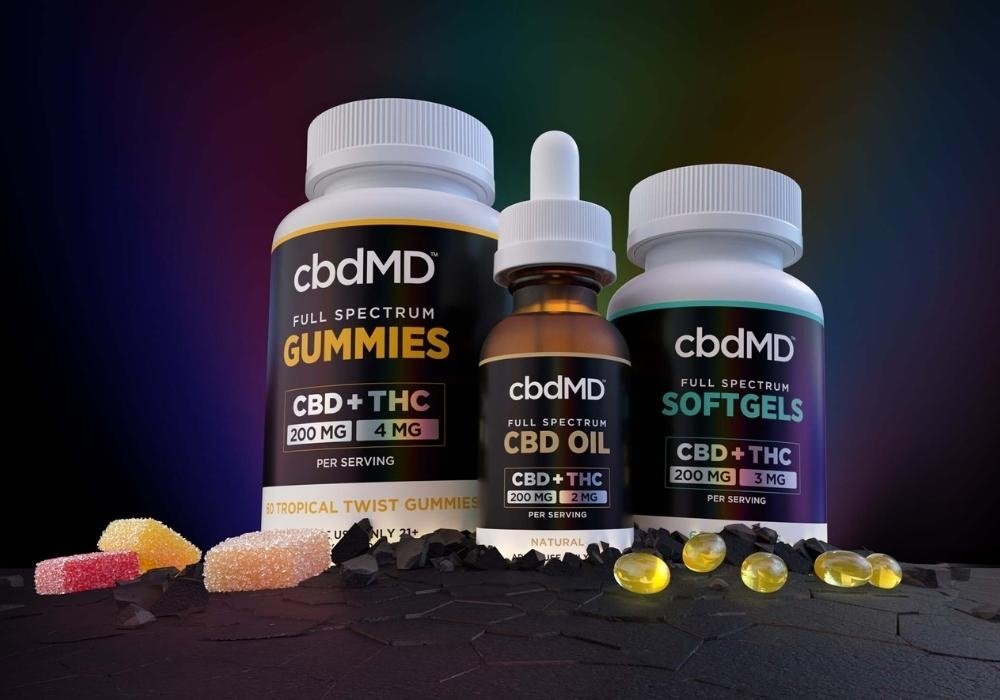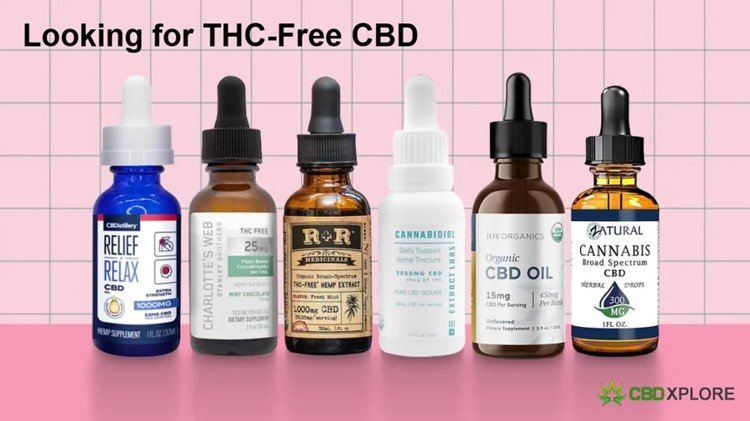20 Most Common Nutrient Deficiency in Cannabis Plant: How to Fix Every Cannabis Deficiency

Have you ever wondered why the plants in your cannabis garden don’t appear as full and robust as they ought to? Nutrient deficits could be the cause. Cannabis plants need certain critical minerals to survive, just like people do. This post will discuss the top most common nutrient deficiency in Cannabis Plant. Acquiring knowledge about these nutritional deficits can benefit all growers, regardless of experience level. Let’s get going!
Explore the Contents
- 1 The Value of Nutrients in the Growth of Cannabis
- 1.1 Nitrogen Deficiency
- 1.2 Phosphorus Deficiency
- 1.3 Potassium Deficiency
- 1.4 Magnesium Deficiency
- 1.5 Calcium Nutrient Deficiency in Cannabis Plant
- 1.6 Sulfur Deficiency in Cannabis Plants
- 1.7 Iron Deficiency in Cannabis Plants
- 1.8 Zinc Deficiency in Cannabis Plants
- 1.9 Copper Deficiency in Cannabis Plants
- 1.10 Manganese Nutrient Deficiency in Cannabis Plant
- 1.11 Boron Deficiency in Cannabis Plants
- 1.12 Molybdenum Deficiency in Cannabis Plants
- 1.13 Chlorine Nutrient Deficiency in Cannabis Plant
- 1.14 Silicon Deficiency in Cannabis Plants
- 1.15 Cobalt Deficiency in Cannabis Plants
- 1.16 Aluminum Toxicity in Cannabis Plants
- 1.17 Nickel Deficiency in Cannabis Plants
- 1.18 Sodium Deficiency
- 2 Conclusion
- 2.1 What are the signs of nutrient deficiency in cannabis plants?
- 2.2 How can I prevent nutrient deficiencies in my cannabis plants?
- 2.3 Can nutrient deficiencies be fixed naturally?
- 2.4 What is the ideal pH range for cannabis plants to prevent nutrient problems?
- 2.5 Should I consult a professional if I suspect nutrient deficiencies in my cannabis plants?
The Value of Nutrients in the Growth of Cannabis
Nutrients are what plants need to grow. They are very important for enzymes to work and for the health of the plant as a whole. Cannabis needs a healthy diet of nutrients to grow to its full potential, just like any other plant. Not getting enough nutrients can cause many issues, ranging from slow growth to lower output.
Nitrogen Deficiency
Cannabis plants need a lot of nitrogen to grow in a healthy way. It’s like not getting enough vitamins for a person when a weed plant doesn’t get enough nitrogen. Lower leaves turning yellow is one of the most obvious signs of not getting enough nitrogen.
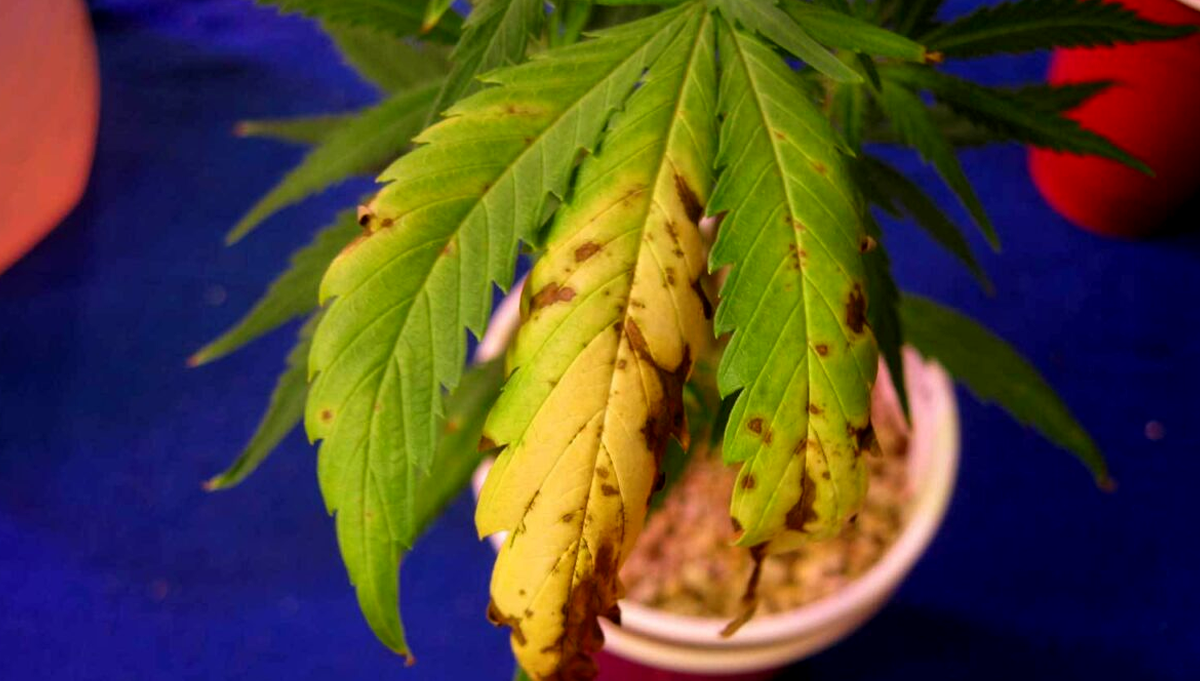
If the leaves turn a pale green or yellowish color, it’s clear that the plant isn’t getting enough nitrogen. This shortage can also slow the growth of your cannabis plants, making them look smaller than they really are.
Because nitrogen is needed for strong roots and lush green leaves, a lack of it makes photosynthesis harder, which is how plants make energy. In the end, this hurts the plant’s general health, which can mean a lower harvest yield. If your cannabis plants aren’t getting enough nitrogen, you need to fix the problem right away.
Using nitrogen-rich fertilizers is a good idea because they give the plant the nitrogen it needs to grow well and get its bright green color back. By fixing this problem, you’ll help cannabis plants stay healthy and produce more.
Phosphorus Deficiency
Potassium is an important chemical for cannabis plants to grow well. It’s like not getting enough important minerals for a person if your cannabis plants don’t get enough phosphorus.
When plants don’t have enough phosphorus, their leaves turn a dark green or black color. They also often grow slowly and don’t flower well. This lack can have a big effect on the plant’s reproductive phase.

Phosphorus is needed for plants to move energy, which is important for flowering and fruiting. If your cannabis plants don’t get enough phosphorus, they might not be able to make strong buds and flowers. To fix this problem, you might want to use nutrients that have more phosphorus in them.
These fertilizers will give your cannabis plants the extra phosphorus they need to start growing and blooming normally again, which will improve your harvest in the end. Taking care of phosphorus deficiencies is important if you want your cannabis plants to grow to their full potential and produce a lot of flowers.
Potassium Deficiency
For cannabis plants to stay healthy, potassium is an important vitamin. It’s like a person not getting enough important minerals in their food when a cannabis plant doesn’t have enough potassium. Weaker roots are one of the main signs of not having enough potassium.
If this happens, the plant may not be able to support its own weight. This lack also makes the plant less resistant to diseases and environmental stresses, which makes it more likely to have problems.
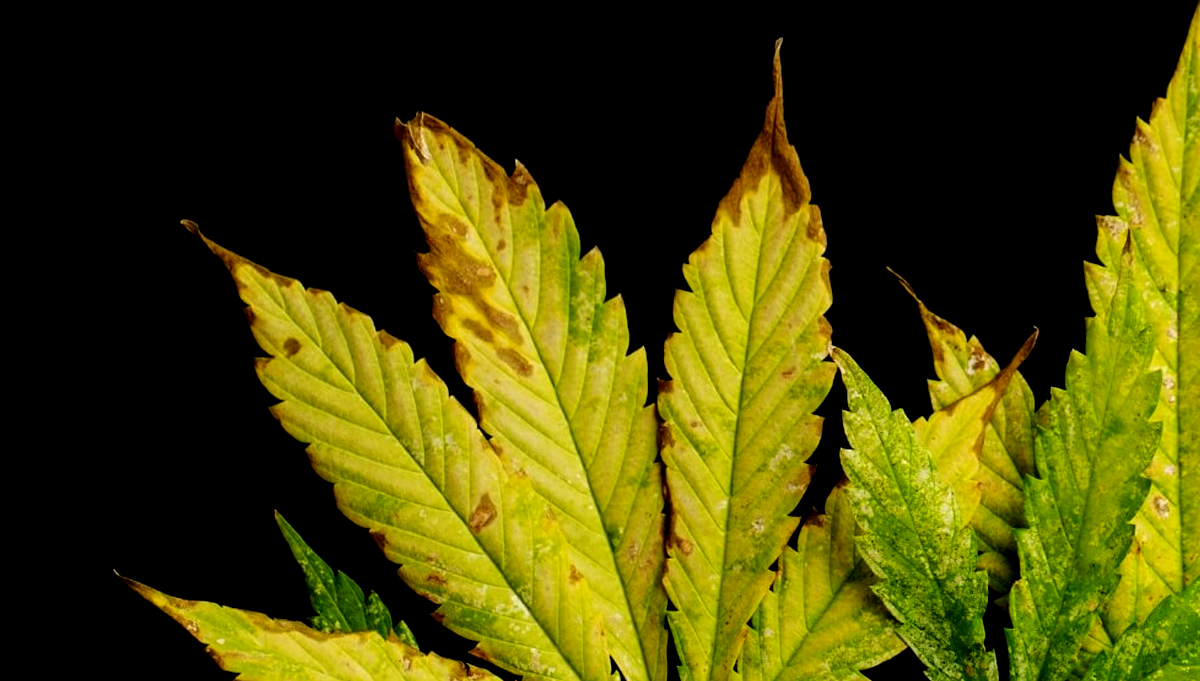
It is very important for plants to have potassium because it helps keep them stiff and controls osmotic pressure, both of which are necessary for good growth. If your plants are lacking potassium, you should use nutrients that have more potassium in them.
These fertilizers will give the plant the potassium it needs, which will help it grow stronger roots and be healthier overall. By fixing the potassium problem, you can make sure that your cannabis plants stay strong, better able to handle problems, and eventually produce a better harvest.
Magnesium Deficiency
It is very important for cannabis plants to get magnesium in order to grow well. It’s like not getting enough of an important vitamin for your weed plants when they don’t have enough magnesium. Having yellowing edges on the leaves is a typical sign of not having enough magnesium. This is often accompanied by interveinal chlorosis, which is when the areas between the leaf veins turn yellow.
A key part of the chlorophyll molecule, which is needed for photosynthesis, is magnesium. The plant can’t turn sunshine into energy as well if it doesn’t have enough magnesium. If you are lacking magnesium, you might want to try Epsom salt. It works quickly and effectively.

Epsom salt has magnesium in it, which can help your cannabis plants get their bright green color and general health back. By fixing this problem, you’ll help the plant grow better and use sunlight more efficiently, which will lead to stronger and more productive cannabis plants.
Calcium Nutrient Deficiency in Cannabis Plant
Calcium is an important vitamin for cannabis plants to grow in a healthy way. A weed plant that doesn’t get enough calcium is like a person who doesn’t get enough of a basic mineral in their food. One of the most obvious signs of not getting enough calcium is new growth that isn’t straight. This can cause leaves and roots to become weak. These signs make it very clear that the plant is not getting enough calcium.
A plant’s ability to support its own growth can be affected by a lack of calcium, which is needed for cell wall development and structural stability. If your plants don’t have enough calcium, you might want to add calcium-rich amendments to the soil or nutrient solution.

It is possible for these changes to give the plant the calcium it needs to get back to being healthy and strong. Fixing a calcium shortage will help your cannabis plants grow quickly and have strong, healthy stems and leaves. In turn, this makes the yard more productive and healthy.
Sulfur Deficiency in Cannabis Plants
It is very important for cannabis plants to have sulfur in their diet. A weed plant not getting enough sulfur is like a person not getting enough of a very important mineral in their food. The yellowing of the leaves between the veins is a clear sign of not having enough sulfur. This is also known as interveinal chlorosis. This condition makes it very clear that the plant doesn’t have enough sulfur.

Sulfur is needed for cannabis plants to make amino acids and vitamins, which affects their health and growth as a whole. Sulfate-based fertilizers are full of sulfur and can help plants that don’t have enough of it. These fertilizers can give the plant the sulfur it needs, which will help it get over its sulfur shortage and make its leaves look bright again.
Fixing this deficiency will help your plants grow better and make sure they can make important compounds more efficiently, which will result in a stronger and more successful garden.
Iron Deficiency in Cannabis Plants
Iron is an important nutrient for cannabis plants to grow well. Lack of iron in your cannabis plants is like a person not getting enough of an important nutrient in their food. One clear sign of not having enough iron is new leaves turning yellow while the veins stay green. This is called interveinal chlorosis. There is no doubt that this clear sign means the plant is not getting enough iron.

Iron is an important part of plant health and growth because it is needed for photosynthesis and enzymes to work. You can treat a lack of iron with chelated iron tablets, which are easy to find. The plant gets the iron it needs from these supplements to get its green color back and feel healthy again. By fixing this problem, you’ll encourage healthier growth and help your cannabis plants get back to using sunshine to get energy. This will result in a more colorful and fruitful garden.
Zinc Deficiency in Cannabis Plants
Zinc is an important nutrient for cannabis plants to grow well. A weed plant not getting enough zinc is like a person not getting enough of an important mineral in their food. One sign of not having enough zinc is plants that don’t grow as much and have leaves that are smaller and twisted. As you can see, these signs make it clear that the plant is not getting enough zinc.

Zinc is important for plant growth and hormone control, which affects the health and development of the plant as a whole. You can fix a zinc shortage by giving the plant zinc-containing fertilizers. These are made to give the plant the zinc it needs to grow and develop leaves again. For healthier growth, fix this deficiency. This will help your cannabis plants thrive, making leaves that are bigger and stronger, which will lead to a bigger crop.
Copper Deficiency in Cannabis Plants
Copper is an important mineral for cannabis plants to grow in a healthy way. Copper shortage in cannabis plants is like a person not getting enough of a very important mineral in their food. One clear sign of not having enough copper is fading and twisted growth, which can be seen in the leaves. These signs make it very clear that the plant is not getting enough copper.

Copper is needed for enzymes and chlorophyll to work, which affects the health and growth of the plant as a whole. To fix a copper shortage, you can use fungicides or fertilizers that contain copper and are made to give the plant the copper it needs. Fixing this problem will help your cannabis plants grow better and get their energy back, which will make your garden stronger and more productive.
Manganese Nutrient Deficiency in Cannabis Plant
Manganese is an important chemical for cannabis plants to grow well. In the same way that a person might not get enough of a basic element in their food, your cannabis plants are lacking manganese. When plants don’t get enough manganese, the places between the veins of their leaves turn yellow, which is known as interveinal chlorosis. The plants also grow more slowly. These signs make it very clear that the plant is not getting enough manganese.

Manganese is an important part of photosynthesis and nitrogen digestion, which affects the health and growth of the plant as a whole. If a plant doesn’t have enough manganese, you can give it manganese sulfate, which is a vitamin that will give it what it needs. By fixing this problem, you’ll encourage better growth and help your cannabis plants get their energy back, which will result in a stronger and more successful garden.
Boron Deficiency in Cannabis Plants
Boron is an important nutrient for cannabis plants to grow well. It’s like not getting enough of an important mineral in your food when your weed plants don’t have enough boron. One clear sign of not having enough boron is leaves that are brittle and plants that grow slowly, often with twisted leaves. These signs make it very clear that the plant is not getting enough boron.
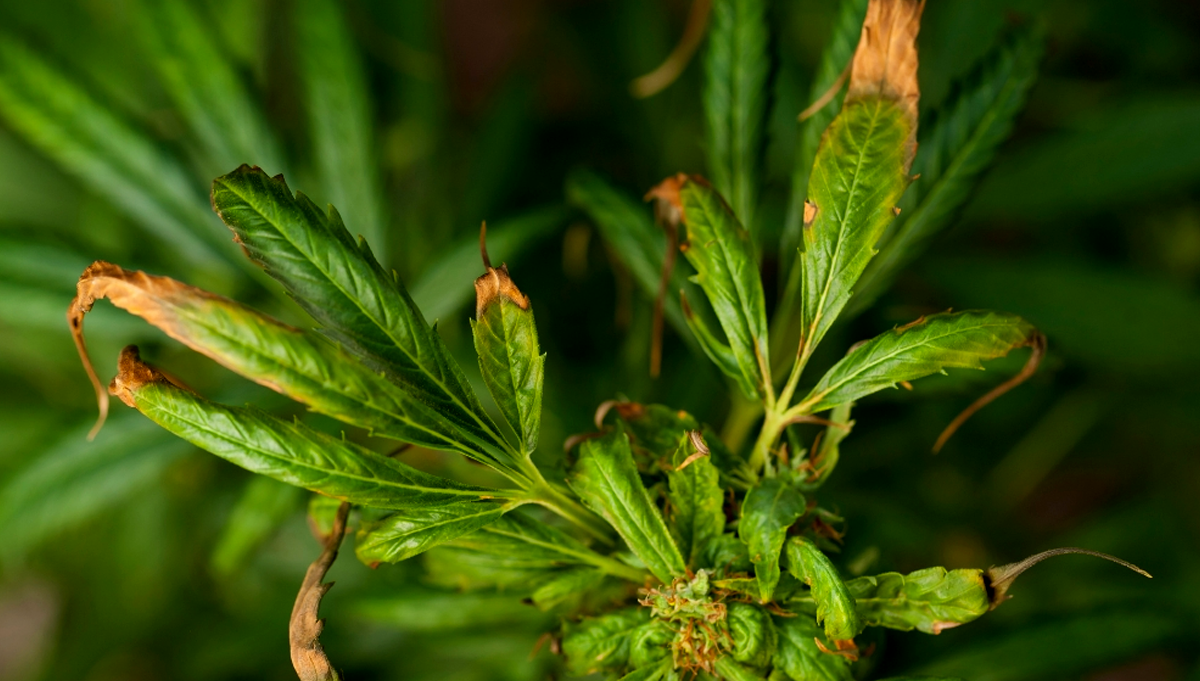
Boron is needed for the growth of new plant tissues, which affects the plant’s general growth and structure. You can fix a plant that doesn’t have enough boron by using borax or fertilizers that contain boron. These will give the plant the boron it needs. Taking care of this problem will lead to healthier growth and more successful cannabis plants, which will eventually result in a stronger and more productive garden.
Molybdenum Deficiency in Cannabis Plants
Cannabis plants need molybdenum in order to grow in a healthy way. A lack of molybdenum in your cannabis plants is like a person not getting enough of a very important chemical in their food. One clear sign of not having enough molybdenum is leaves turning yellow between the veins, which is often followed by poor flowering. These signs make it very clear that the plant is not getting enough molybdenum.
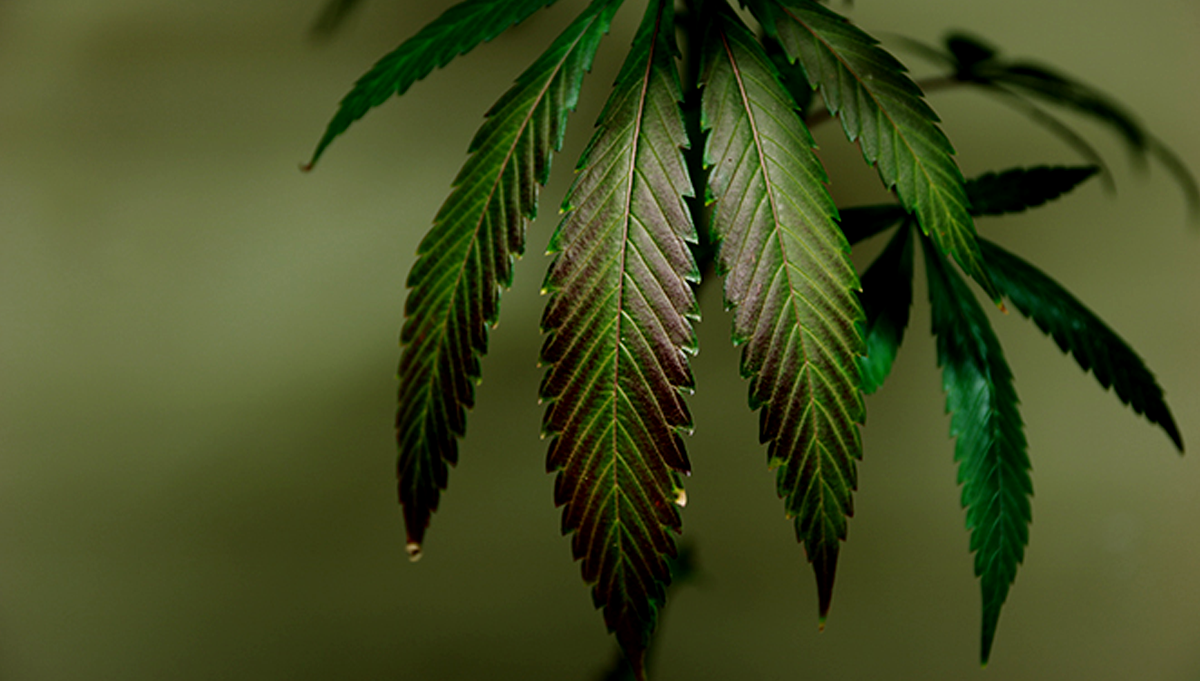
Molybdenum is needed for plants to use nitrogen, which affects their ability to grow and reproduce. To fix a plant that doesn’t have enough molybdenum, you can give it molybdenum vitamins that are made to give plants what they need. By fixing this deficiency, you’ll encourage better growth and help your cannabis plants flower and grow again, which will result in a stronger and more productive garden.
Chlorine Nutrient Deficiency in Cannabis Plant
Chlorine is an important nutrient for hemp plants to grow well. If your weed plants don’t get enough chlorine, it’s like not getting enough of an important nutrient in your food. Weeding and slow growth are two signs that a plant is lacking chlorine. Often, the plant is also having trouble taking in water. All of these signs make it clear that the plant is not getting enough salt water.

Cannabis plants need chlorine for photosynthesis and water movement, which affects their general health and strength. For plants that don’t have enough chlorine, you can use pesticides that contain chlorine to give the plant the chlorine it needs. By fixing this problem, you’ll encourage healthier growth and help your cannabis plants get back to using sunlight more efficiently, which will result in a stronger and more productive yard.
Silicon Deficiency in Cannabis Plants
Silicon is an important nutrient for cannabis plants to grow well. In the same way that a person might not get enough of an important ingredient in their food, your cannabis plants are lacking silicon. Weaker stems are a big sign that plants don’t have enough silicon. This can make plants more vulnerable to pests and weather stresses. We can clearly see from these signs that the plant is not getting enough silicon.
Silicon is very important for plants because it helps them deal with different kinds of stress and makes cell walls stronger, which improves their general health and toughness. If a plant doesn’t have enough silicon, you can give it silicon additives, which are made to give the plant the silicon it needs.

By fixing this deficiency, you’ll encourage healthy growth and help your cannabis plants grow stronger stems that can better resist pests and environmental problems. This will result in a garden that is full of life and color.
Cobalt Deficiency in Cannabis Plants
Cobalt is a less common nutrient that cannabis plants need to grow well, but it is still very important. It’s like not getting enough of an important trace element in your food when your cannabis plants don’t have enough cobalt. One clear sign of not having enough cobalt is slow growth and poor flowering, which can hurt your plants’ general development. There is no doubt that these signs mean the plant is not getting enough cobalt flow.
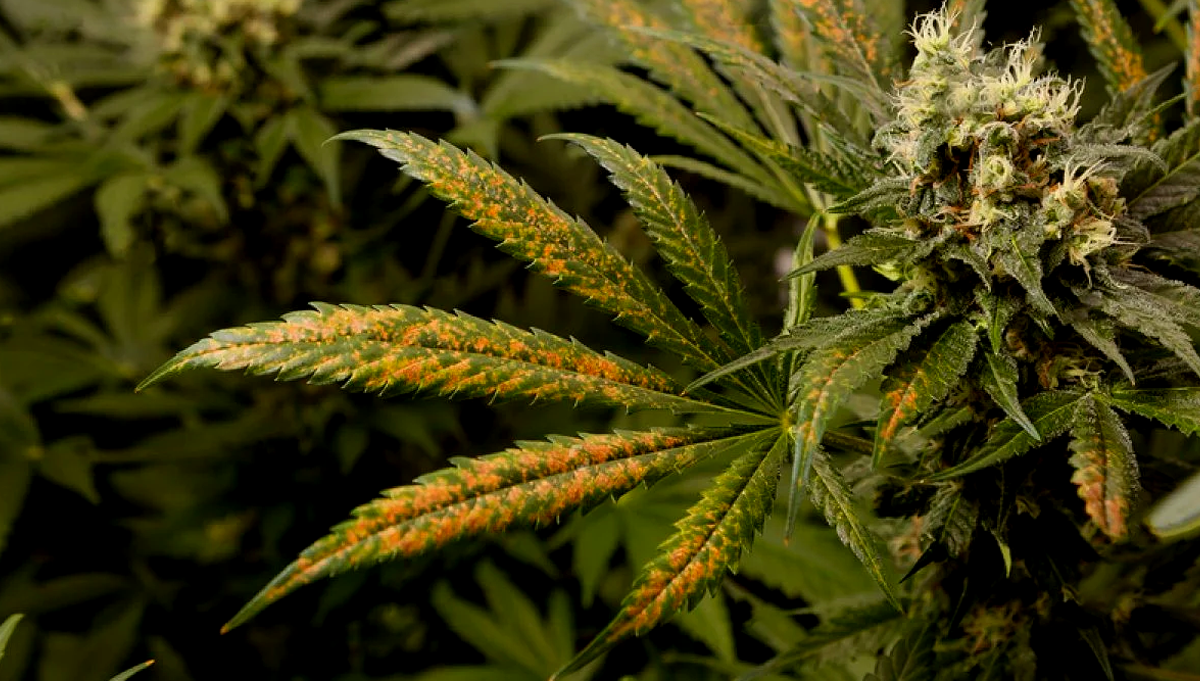
Cobalt is needed for nitrogen fixation in legumes, but weed rarely doesn’t have enough of it. Use fertilizers that contain cobalt to fix a plant that doesn’t have enough of it. These fertilizers are meant to give the plant the cobalt it needs. By fixing this problem, you’ll encourage healthier growth and flowering, which will help your cannabis plants do better and give you more in your yard.
Aluminum Toxicity in Cannabis Plants
Cannabis plants are very worried about aluminum poisoning, especially in soils that are acidic. It’s like a person taking in harmful chemicals when cannabis plants are exposed to too much aluminum. One clear sign that metal is poisoning plants is that they don’t grow as well or look healthy. If a plant has these signs, it may not be as strong and healthy generally.
Aluminum poisoning mostly stops plants from taking in nutrients and can throw off the balance of other minerals that plants need. To deal with aluminum toxicity, you need to bring your soil’s pH level back to a more normal range. By doing this, you’ll lessen the bad effects of metal and make the environment better for your cannabis plants to grow.

To keep your cannabis garden healthy and productive in the long run, you need to stop and control aluminum toxicity. By keeping the pH level at the right level, you can help your plants grow and stay healthy while also protecting them from the harmful effects of aluminum toxicity.
Nickel Deficiency in Cannabis Plants
Nickel is an important nutrient for cannabis plants, even though they only need small amounts of it. In the same way that a person might not get enough of an important vitamin in their food, your cannabis plants are lacking nickel. Slow growth and bad development are two signs that someone isn’t getting enough nickel. There is no doubt that these signs mean the plant is not getting enough nickel.
Nickel is very important for enzyme activity and nitrogen digestion, which affects the health and function of the plant as a whole. When a plant doesn’t have enough nickel, you can give it nickel-containing chemicals, which are made to give plants what they need.
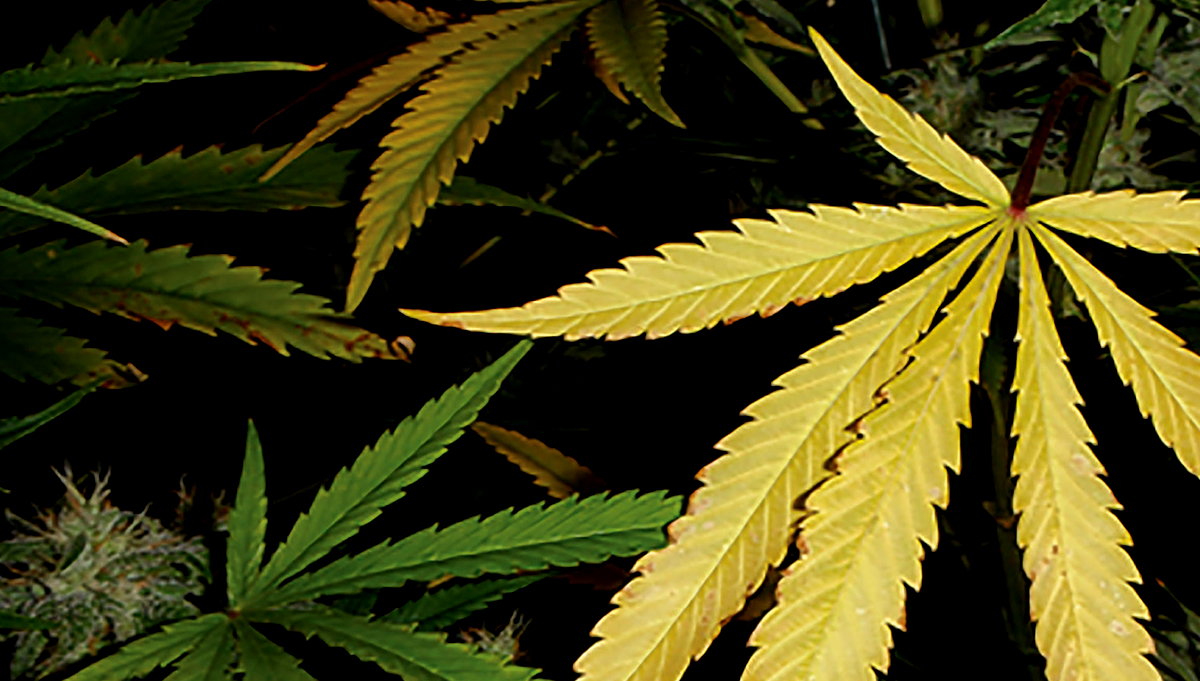
Taking care of this problem will lead to healthier growth and more successful cannabis plants, which will eventually result in a stronger and more productive garden. Nickel shortage is not very common, but making sure your cannabis plants get the nickel they need will help them grow to their full potential.
Sodium Deficiency
It’s not common for cannabis plants to not have enough salt because the plants don’t need a lot of it to grow. As it turns out, too much salt can be bad for plants’ health. But if the sodium amount is too high, it can make the plant toxic, which can make it wilt and throw off its nutrients. To avoid problems with sodium, it’s important to keep the sodium level in your dirt or growing medium at a healthy level.

You can avoid problems caused by too much sodium by testing your soil often and being careful about how much sodium is in any fertilizers or water sources you use for growing weed. Keeping an eye on and giving your plants the right amount of nutrients while also making sure the sodium level is just right will help keep your cannabis garden healthy and free of problems related to salt.
Conclusion
Today, we talked about the 20 most common nutrient deficits in cannabis plants and how to fix them. You can make sure your cannabis plants grow healthy and produce lots of fruit if you know about these problems and how to fix them. Don’t forget to give your plants the right nutrients, and keep a close eye on their growth to catch any problems early.
Read More: Organic Cannabis Worm Tea Benefits: A Natural Elixir for Your Garden
FAQs: (Nutrient Deficiency In Cannabis Plant
What are the signs of nutrient deficiency in cannabis plants?
Common signs of nutrient deficiency in cannabis plants include yellowing leaves, stunted growth, and distorted foliage.
How can I prevent nutrient deficiencies in my cannabis plants?
You can prevent nutrient deficiencies by using balanced fertilizers, maintaining proper pH levels in your soil, and regularly monitoring your plants’ health.
Can nutrient deficiencies be fixed naturally?
Yes, some nutrient deficiencies can be fixed naturally by amending your soil with organic matter or using natural supplements like Epsom salt or bone meal.
What is the ideal pH range for cannabis plants to prevent nutrient problems?
The ideal pH range for cannabis plants is between 6.0 and 7.0. Maintaining pH within this range helps ensure nutrient uptake and overall plant health.
Should I consult a professional if I suspect nutrient deficiencies in my cannabis plants?
If you’re unsure about how to address nutrient deficiencies or your plants’ health doesn’t improve with basic solutions, consulting a professional or a local horticulture expert is a wise step.
Now that you’re equipped with knowledge about the most common nutrient deficiencies in cannabis plants and how to tackle them, you can ensure your cannabis garden thrives. Happy growing!
